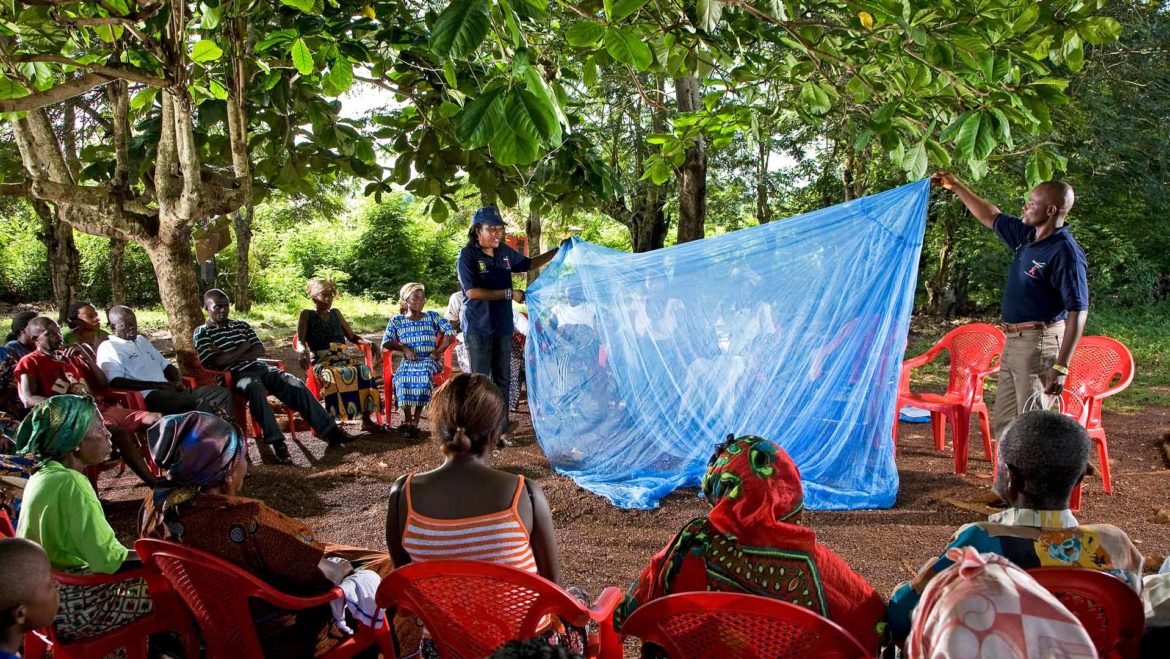
Voluntary Principles on Security and Human Rights
From stakeholder engagement, exploring risk assessment and treatment to building public security strength and maximising support from private security; a set of Voluntary Principles on Security and Human Rights (VPs) have been developed to help any company looking to ensure their operations are undertaken in a manner that safeguards respect for human rights and fundamental freedoms.
The VP tools are non-prescriptive guides, which comprise of four modules. These tools can be used individually or together to help maintain safety and security for company operations whilst ensuring respect for human rights and humanitarian law.
The tools, accompanied by easy-to-use, step-by-step guides help companies:
- Reduce production delays
- Maintain “Social License to Operate”
- Gain access to financing
- Lessen litigation risk
- Maintain/enhance company reputation
- Operate successfully in complex business environments
The tools have been divided into four modules according to their main uses: stakeholder engagement, risk assessment, public security providers and private security providers.
Stakeholder Engagement
The Stakeholder Engagement tools help companies:
- Define stakeholder engagement within the contexts of the VPs
- Work with stakeholders including governments, communities and NGOs on the implementation of the VPs
Stakeholders are any organisation or individual who is affected by or can affect a company’s efforts to implement the VPs. A stakeholder can be a host or a home country government, local community, NGOs, companies or many others.
Building a trusted and constructive relationship with key stakeholders takes significant time and effort.
Risk Assessment
The Risk Assessment tools help companies:
- Define risk assessment as applied to the VPs
- Undertake a VPs risk assessment
A risk assessment is about identifying, analysing and evaluating the impact of uncertainty on objectives. The objective of the VPs is to ensure that security is managed in a way that respects human rights and humanitarian law. A VPs risk assessment considers uncertainties that could impact upon this objective and how to address them.
VPs risk assessment looks at both security risks to the company and human rights risks to communities in which the company is operating. This type of assessment considers the risk of company complicity in human rights abuses.
Public Security Providers
The Public Security tools help companies:
- Define public security within the context of the VPs
- Manage interactions with public security providers
Companies can be held accountable or their reputation risked because of the conduct of public security providers. Companies must take all reasonable steps to ensure the actions of its security providers protect human rights.
The tools in this module are applicable wherever public security providers are active in or around a company site. There are many ways that a company can work with public providers to help ensure the protection and respect for human rights and humanitarian law. The tools are also applicable when concerns have been raised about the potential conduct of public security providers.
Private Security Providers
The Private Security Provider tools help companies:
- Define private security within the context of the VPs
- Manage interactions with private security providers
Private security providers are outsourced security providers, ie private security guards, which are hired by the company or contractor. As specified by the VPs, private security is a complement to public security. This means that private security should be deployed for functions that are defensive in nature. They should not be used for activities that would normally be in the domain of public security providers eg offensive operations, arrests etc.
